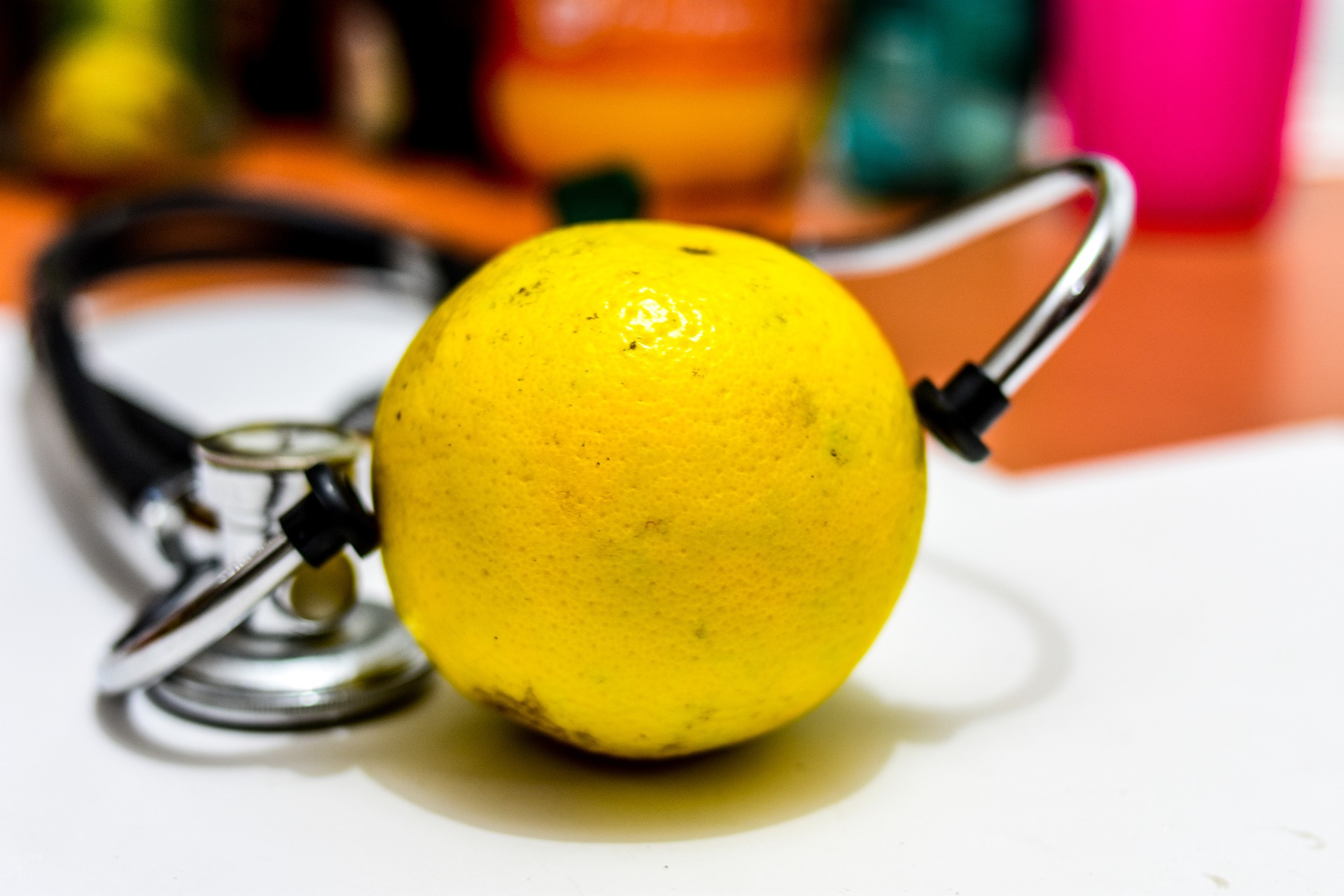Foods to Help Prevent Colitis
Ulcerative Colitis (UC) is a common condition within the Irritable Bowel Disease (IBD) group. It leads to inflammation of the colon, making proper digestion difficult. Without treatment, UC can trigger various symptoms and significantly impact overall quality of life.

A Comprehensive Guide to Ulcerative Colitis: Prevention and Dietary Tips
Ulcerative colitis can be a challenging condition to manage. However, with appropriate dietary modifications, it is possible to prevent flare-ups and improve overall health.
Understanding Ulcerative Colitis
Ulcerative colitis is a chronic condition characterized by inflammation and sores in the lining of the large intestine or colon. While it has no known cure, its symptoms can be managed with medication and lifestyle changes, particularly dietary modifications.
Foods to Help Prevent Colitis
Certain foods can help manage ulcerative colitis by reducing inflammation and promoting gut health. These include:
- White rice with turmeric: White rice is easy to digest and contains fewer fibers that could irritate the colon. Turmeric, with its anti-inflammatory properties, can help reduce inflammation in the colon.
- Salmon or other fish rich in omega-3 fatty acids: These fatty acids have been shown to reduce inflammation in the body, including the colon.
- Applesauce: Applesauce is a good source of fiber that is easy on the digestive system. It also contains pectin, which can help firm up loose stools.
Foods to Avoid
While some foods can help manage ulcerative colitis, others can exacerbate the condition. These include:
- Alcohol: It can increase the risk of a flare-up and can interact negatively with medications.
- Caffeine: It can stimulate the intestines and worsen diarrhea.
- Spicy foods: These can irritate the digestive tract.
Useful Tips
- Eat smaller, frequent meals rather than few large ones.
- Drink plenty of water to stay hydrated.
- Keep a food diary to identify any food triggers.
The Role of Exercise in Colitis Management
Regular physical activity can help manage ulceric colitis by reducing stress and promoting overall health. It’s important to choose low-impact exercises to avoid straining the digestive system.
Conclusion
Managing ulcerative colitis requires a comprehensive approach that includes medication, dietary modifications, and lifestyle changes. It’s important to work with a healthcare provider to develop a treatment plan that suits your specific needs. Always remember, what works for one person may not work for another, so it’s crucial to listen to your body and adjust your plan accordingly.




